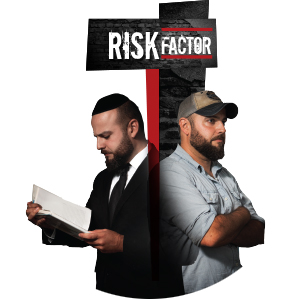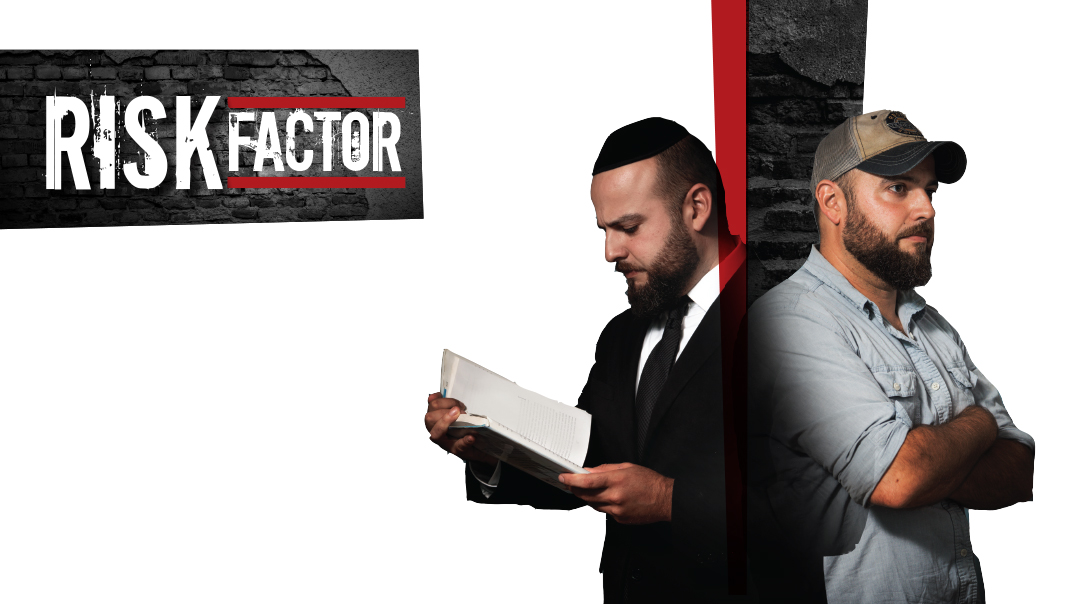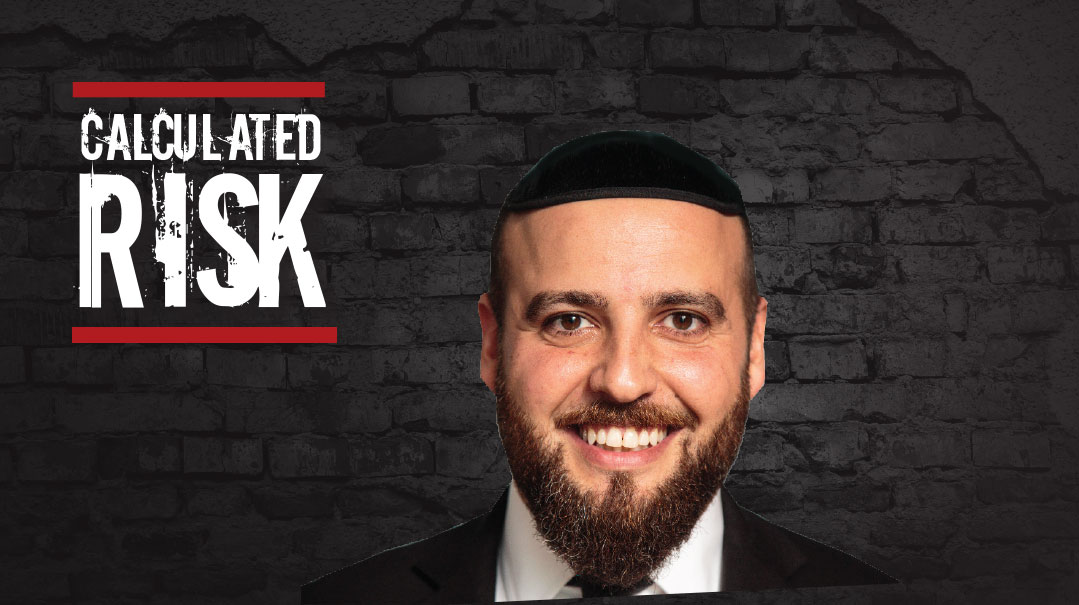Shidduch Crisis

"You cannot believe that your life is worthless because you’re not married”
I

never get involved in shidduchim.
I can handle a beis din, a prison cell, a classroom, a drug den. That stuff doesn’t scare me anymore. But I draw the line at shidduchim. Too many moving pieces, too many people with their many opinions. Too much immaturity and ego. Way too much lying. It’s like being involved in a fender bender — even if no one gets hurt, it’s still not a good day. So I never get involved in shidduchim.
One day I was in a coffee shop in New York with my nine-year-old son. As we took our drinks to the table, a woman approached us, smiled at my son, and then gave me this look, like I was in trouble.
“I’m hoping you can help me,” she started.
“Oh, I don’t work here,” I said, “but that guy over there….”
She laughed. “I know who you are. I need help with my daughter.” She didn’t wait for a response. “She’s 20, she’s been dating for a year already. She almost got engaged but something was wrong with the boy and he broke it off.”
There were already a thousand alarms going off in my head.
“He was supposed to propose. It was really messy. Now she can’t move on. You need to help her.”
“I’m so sorry, I can recommend a therapist who—”
“What? No way!” She lowered her voice. “She is not going to therapy. Are you crazy?” She glanced furtively from right to left.
“Are you hiding from someone?” I asked.
She scanned the room again. “You never know who’s listening.” A knowing look, like I too was a conspiracy theorist.
“You don’t want me involved,” I told her, a little desperately. “You won’t like what I tell her, you won’t like what I tell you. It’s going to make things much worse.”
She was begging. “I’m just asking you to talk to her once. Just get her out of this rut. Please.”
“That’s not how it works, one meeting won’t help. Things tend to get worse before they get better.”
“So what am I supposed to do?”
“Give her space. Get someone to talk to her. I’m sure there are women somewhere in this small town who aren’t therapists but can guide her properly.”
“No one can know! Then everyone will think it’s her fault. She’ll never be redt another shidduch! You have to help her!”
I suddenly realized that this woman was right about one thing: someone was listening to our conversation. My nine-year-old son was listening to this woman beg for her daughter’s life. Was I going to let him watch me refuse to help?
I gave her my number.
“Papa, her daughter is sad because she can’t get married?” my son asked as soon as the woman disappeared.
“It’s not that she can’t get married,” I said. “It’s just that sometimes it takes long, and it can be hard to wait.”
“Her mother should tell her to be happy while she waits,” he advised.
“It was probably her mother who taught her to be impatient.”
“Well then,” he said confidently, “you’ll have to tell her.”
My opportunity came that evening.
“Hello?” Her voice was small, a fragile sound.
“Yes?”
“This is Rochel… My mother said I should call.”
That told me a lot already.
“I did speak to your mother, but I didn’t get much from her.” Not much I could use, anyway.
“What do you want to know?”
She was trained not to have an opinion. “How about starting with why we’re having this conversation?”
“Oh, because I’m depressed,” she said matter-of-factly.
“So go to therapy.”
“I can’t, I’m in shidduchim.”
“That would seem more of a reason to go.”
“You don’t understand. Where I come from, no one will marry me if I’m in therapy. And besides, I don’t think I need therapy.”
Finally, an opinion.
“Do you think it’s right to reject someone because they sought professional help?”
“I don’t know.”
“Yes, you do.”
A pause. Then, “It’s not right.”
Okay, there was more to this girl than she was letting on.
“Can I be honest with you for a minute?” I said. “You’re not telling me something. I don’t think it’s something you’re hiding from me specifically. I think it’s something you’re feeling but you’re afraid to say it out loud.”
Quiet. Then sniffling. Then tears. A lot of tears.
“It’s so much pressure!” she yelled. “Everyone keeps asking why I’m not married yet. It’s like I’m worthless because I’m single.” She was choking on the words.
Tell her to be happy while she waits, my son had said.
“You said you were depressed. What do you think would make you happier?”
“Getting married.”
“That makes sense. I mean, every married person I know is completely happy and content.”
She didn’t react, so I said, “I’m kidding. You need to be happy no matter what your external circumstances are. If you just wait around for a spouse to come and deliver happiness to you, you’ll never achieve it.”
“I thought all my problems are because I’m single.” She said it slowly, like she was rethinking it.
“No, your challenges right now are because you think your problems stem from being single. I can’t change what the world tells you. But you cannot believe that your life is worthless because you’re not married.”
She was quiet, like she wasn’t sure if she could believe me.
“You have a right to be happy right now. You have a right to enjoy your life while you’re still single. Don’t let anyone make you feel unworthy because you’re not married. Wait for the right one. And work on your own inner happiness. It will make your marriage much better.”
A few months later I got an email from Rochel. The subject line read Good news. Wow, was she—
I clicked it open.
Dear Rabbi, it read. Thanks so much for the help and direction you gave me when I was feeling so depressed. I wanted to let you know that I thought a lot about what you said and I really tried to work on it. It’s four months later and I wanted to let you know… baruch Hashem, I’m happily unmarried.
Identifying details have been changed to protect the privacy of patients, their families, and all other parties.
Rabbi Yossi Bensoussan serves as mashgiach ruchani at Yeshiva High School of Cleveland. He is a Certified Alcohol and Substance Abuse Counselor (CASAC) who currently maintains a private practice, and does motivational speaking and community education on addiction all over the US and Israel.
(Originally featured in Mishpacha, Issue 797)
Oops! We could not locate your form.









